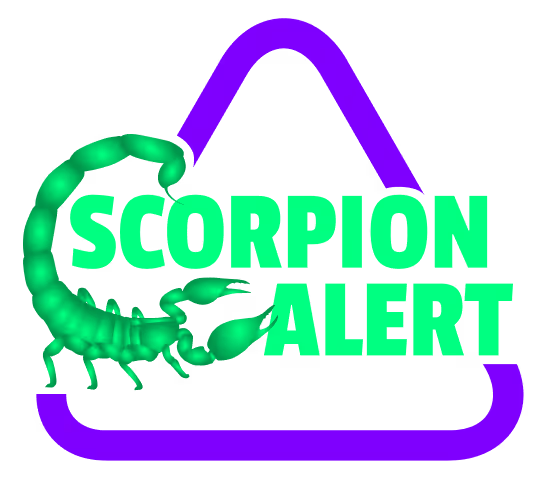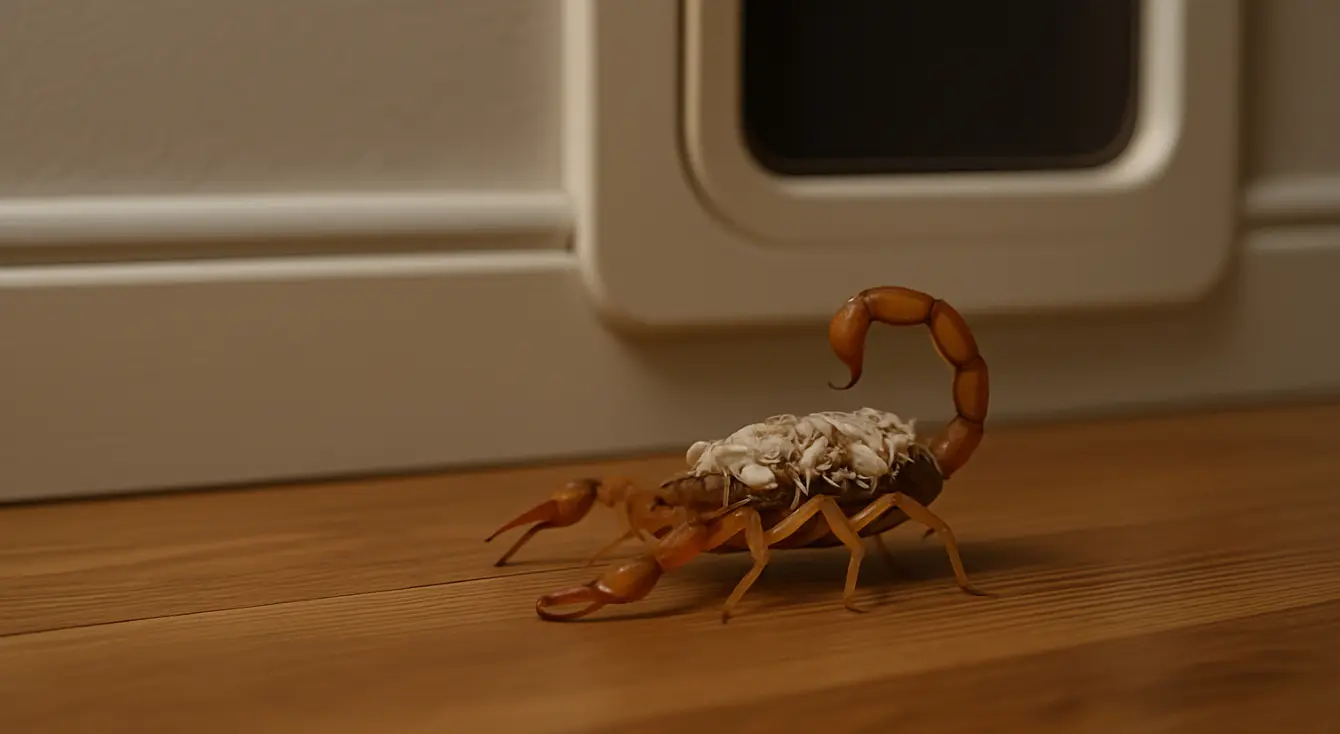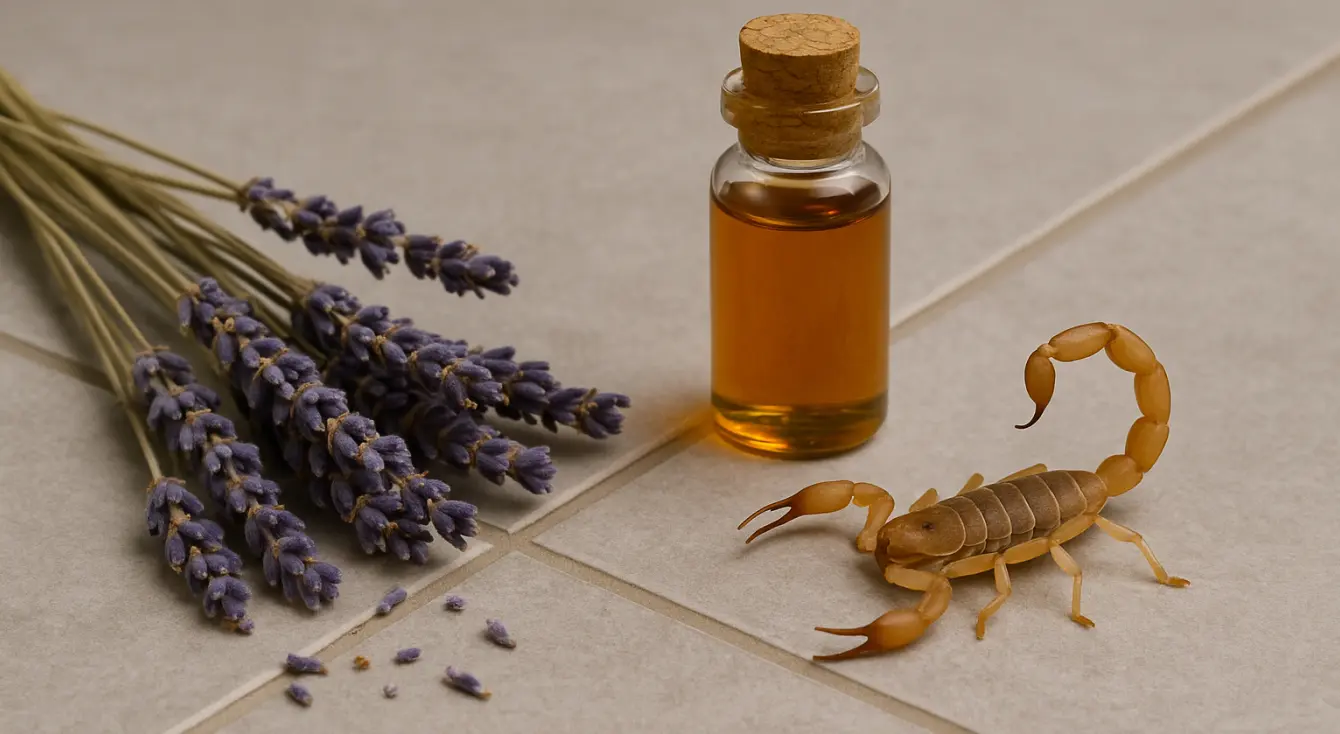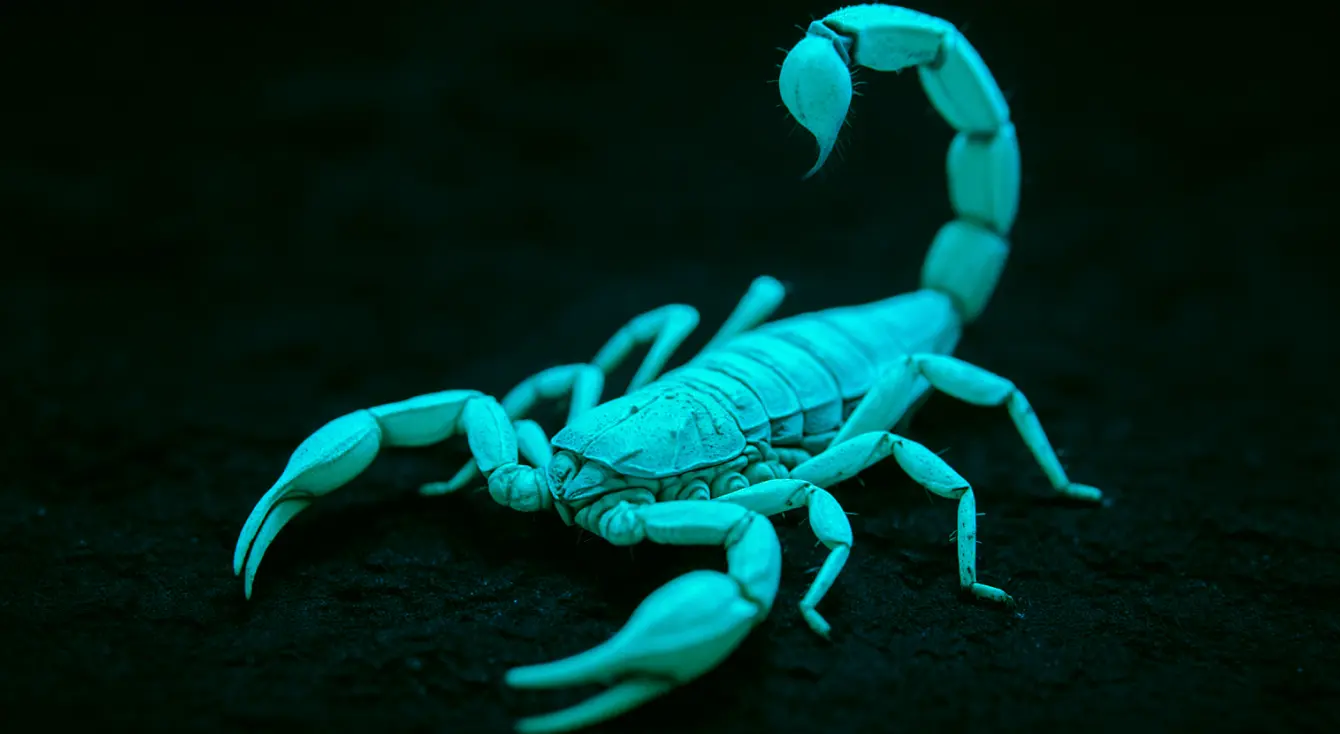Scorpions are solitary by nature, but there's one exception: when a mother scorpion is carrying her young. And if that mother wanders into your home, she could be bringing a whole brood with her—literally riding on her back.
Here’s what you need to know about how mother scorpions operate and why it matters for homeowners in the Southwest.
Scorpions Carry Their Babies
Unlike most arachnids, female scorpions give live birth. After birth, the babies (called scorplings) climb onto their mother’s back, where they’ll stay for about 1–2 weeks until their first molt.
During this time, they’re completely dependent on her for mobility and protection.
One Scorpion Could Mean Dozens
If you see a single adult scorpion indoors—especially one that seems to be moving slowly or protectively—it could be a mother. And she may be carrying 20 to 35 babies on her back. That means:
- You’re not just dealing with one scorpion
- If she’s disturbed or dies, the babies can scatter
This is one reason why professional pest control companies take special care when dealing with scorpions.
How They Get Inside
A pregnant or postpartum scorpion can enter your home through:
- Cracks around baseboards and doorways
- Vents, weep holes, and utility entry points
- Gaps under garage or exterior doors
Because mother scorpions move cautiously, they’re more likely to follow walls—taking advantage of thigmotaxis—and may end up in low-traffic areas like closets, laundry rooms, or garages.
What To Do If You See One
- Don’t squash it right away—you may release baby scorpions
- Use tongs or a jar to safely capture and contain it
- Call a pest professional if you’re unsure or uncomfortable
- Inspect nearby areas with a UV flashlight to check for stragglers
Preventing a Surprise Brood
- Seal entry points, especially near ground level
- Install door sweeps and use weather stripping
- Keep clutter off the floor in garages and closets
- Use Scorpion Detectors to monitor activity along baseboards
Mother scorpions don’t nest—but they can turn your home into a nursery if they slip inside. Catching that first scorpion early with a Detector can make all the difference before you end up with 20 new reasons to worry.






